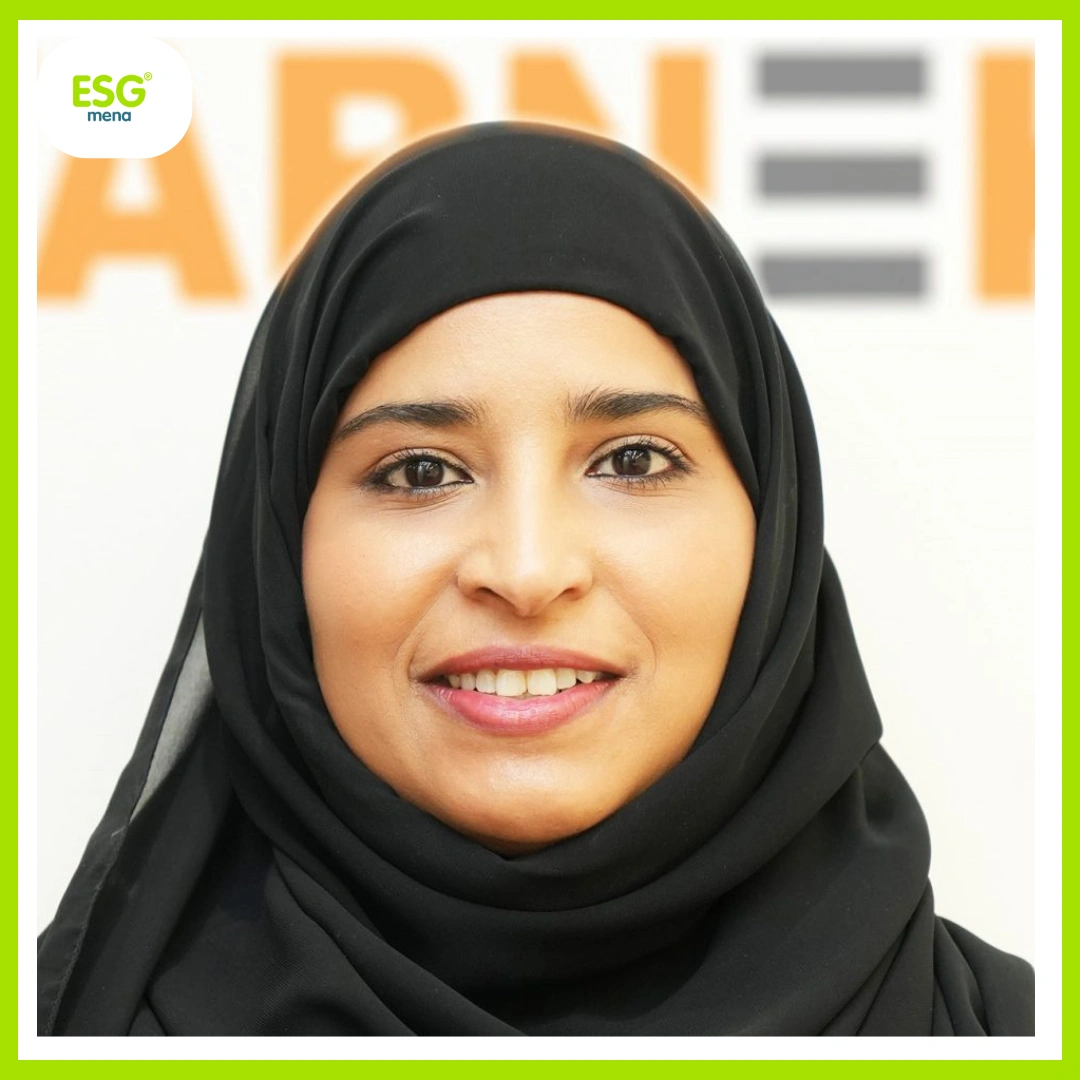UAE-based smart and green facilities management (FM) company and leading provider of carbon offset solutions Farnek, has launched Emirates Carbon, a free, open-access platform offering carbon footprint calculations, as well …
UAE
-
Developing storiesEnergyEnvironment
Pioneering Sustainable Mobility: Katib Belkhodja on Al-Futtaim Automotive Ecosystem
Katib Belkhodja, Customer Centricity Director at Al-Futtaim Automotive, discusses the private sector’s pivotal role in advancing sustainable mobility within UAE’s urban master plan.
-
EnvironmentLatest News
UAE Concludes COP16 Participation, Reinforcing the Role of International Cooperation in Combating Desertification
The United Arab Emirates concluded its participation in the 16th session of the Conference of the Parties (COP16) to the United Nations Convention to Combat Desertification (UNCCD) by emphasising the …
-
The United Arab Emirates (UAE) is set to introduce a new tax at the start of 2025, and is considering options for incentives to support innovative businesses advancing the economy. …
-
GovernanceIntelligenceLatest NewsPolicy & Finance
Bloomberg Intelligence Report Reveals Growing Sustainable Finance Market in the MENA Region
A new report by Bloomberg Intelligence reveals the UAE banks’ growing position as a potential leader in sustainable finance, partially driven by an AED 1 trillion ($270 billion) commitment by …
-
Latest NewsPolicy & Finance
MAJRA Launches the MAJRA Impact Stream, Digital Gateway for Sustainable Impact
In an effort to direct private sector contributions towards implementing corporate social responsibility (CSR) initiatives aligned with ESG metrics and national priorities, MAJRA, the National CSR Fund, revealed the MAJRA …
-
In an effort to tackle overstock and support sustainability changes in dynamic markets, eJaby, a commerce marketplace, has launched in the UAE. The eJaby platform connects customers directly with quality …
-
EnvironmentLatest News
Dr. Amna Al Dahak Outlines the UAE’s Vision for Tackling Climate Crises | COP16
In a bid to promote the UAE’s Vision for tackling drought and land degradation, and advancing global food and water security, HE Dr. Amna bint Abdullah Al Dahak, UAE Minister …
-
The UAE Ministry of Energy and Infrastructure launched the Global Energy Efficiency Alliance (GEEA) at COP29, an initiative aimed at doubling global energy efficiency rates annually while significantly reducing carbon …
-
EnvironmentGovernanceLatest News
COP28 President Calls for Continued Effort to Deliver UAE Consensus
In an effort to promote solidarity and progression in global climate discussions, Dr. Sultan Al Jaber formally handed over the UAE’s COP presidency to Azerbaijan on the first day of …




